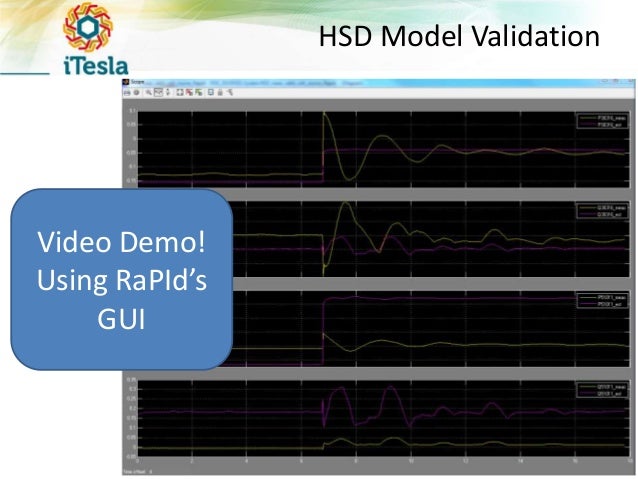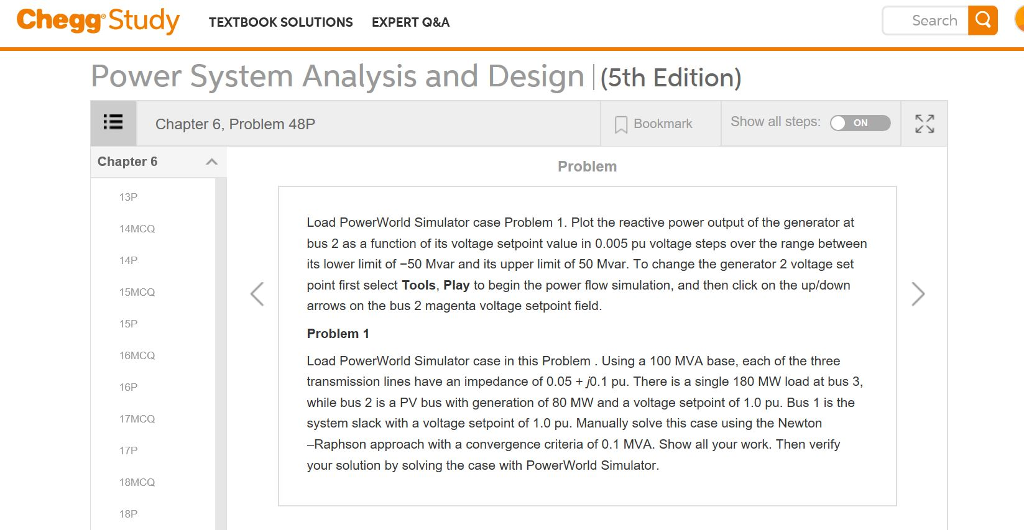

Under the Edition mode, new power flow cases can be created, existing cases can be modified. It is worth noting that there are two modes of operation: Edit mode and Run mode. The detailed use of these menus will be introduced in our following experiments.

On the top of this welcome page, there is a ribbon interface. This can be done either for a snapshot of the system conditions or repeatedly to follow the evolution of the system over time. PowerWorld takes as input the power injected or extracted at each node (or “bus”) of the network and solves the power flow equations to determine the voltage at each of these buses. PowerWorld™ is a state-of-the-art software package that can be used to simulate the operation of very large power systems in quite a bit of detail. solar farms in the deserts of Arizona and California) are connected at the transmission level. what you might install on the roof a house) thus takes place on the radial distribution grid while large scale PV generation (e.g. Closer to the consumers, transformers progressively step this voltage down to safer levels. 345 kV) for transmission over long distances. To reduce electrical losses, transformers are used to raise the voltage at the output of the power plants to very high levels (e.g. there is only one electrical path between the substations and the consumers. The connection between these substations and the residential, commercial and industrial consumers is called the distribution network. there are multiple electrical paths between the power plants and the main connecting points or substations.


The transmission network carries the power produced by these plants over long distances. In traditional power systems, the generation subsystem is made up of large hydro or fossil fueled power plants. The system that delivers electric power to houses and businesses is called the power system or the grid and consists of three sub-systems: generation, transmission and distribution.


 0 kommentar(er)
0 kommentar(er)
